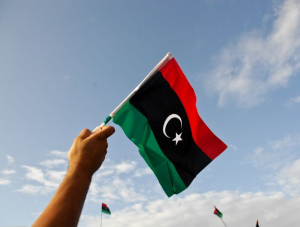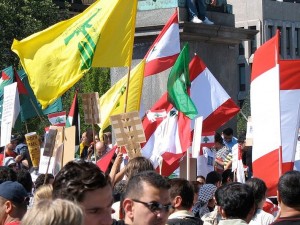
On the seven-year anniversary of the 2006 Second Lebanon War, Hezbollah Secretary General Hassan Nasrallah claimed responsibility for an August 7 explosion in the Israeli-Lebanese border area, near the town of Labboune. That day, at least one explosive device injured four Israeli soldiers, who were accused by Lebanese parties and UNIFIL of crossing into Lebanese territory during a patrol in an un-demarcated area of the border.
Lebanese media outlets and politicians asserted that the IDF crossed both the technical fence and the international border, which do not coincide in some areas. Initial reports indicated that the troops were hit by a landmine which may have been a remnant from previous conflicts. The IDF has since declined to comment on the details of the incident, including whether or not troops entered Lebanese territory or whether the attack was intentional. Nasrallah claimed that Hezbollah had prior knowledge of an upcoming Israeli incursion, leading their operatives to plant explosive devices. He ended with what would some consider an ominous warning: “This operation will not be the last; we will not be lenient with those who violate our land. Whenever we feel that the Israelis have entered Lebanese soil, we will act.” The truth about what actually happened on August 7 may forever be disputed, but it remains clear that Hezbollah still seeks to avoid a conflict with Israel — despite Nasrallah’s seemingly confident claim of responsibility. Continue reading Strategic Analysis: Lebanese-Israeli border tensions marked by erosion of UN resolution 1701
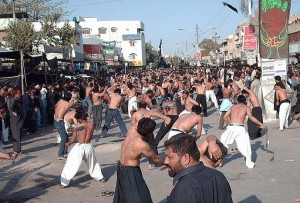
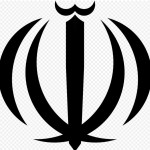
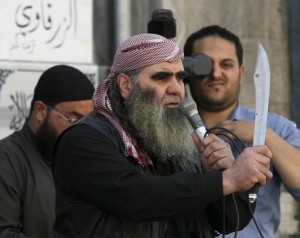
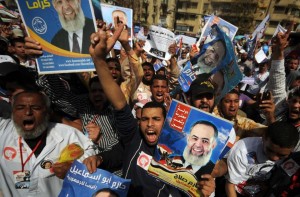
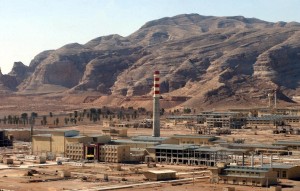
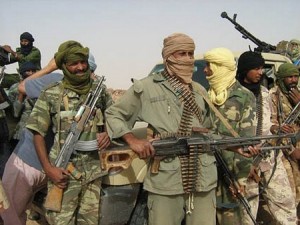
![jos nigeria[3]](https://www.max-security.com/wp-content/uploads/2012/02/jos-nigeria3-300x196.jpg)
